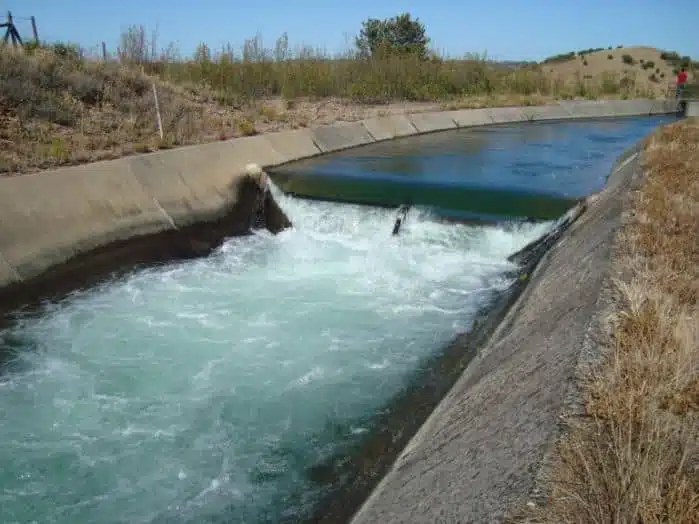But APA insists ‘situation of extreme hydrological drought continues’
Seemingly conflicting news this weekend on the Algarve’s greatest problem: lack of water. IPMA, the Portuguese institute for sea and atmosphere, has announced in its latest climate bulletin that “at the end of March the situation of meteorological drought that has been verified in the region of the Lower Alentejo and Algarve, has ended as a consequence of the elevated rainfall registered in these regions”.
IPMA’s evaluation was based on the Palmer Drought Severity Index, which takes into account the quantity of rainfall, air temperature and availability of water in the soil.
But APA – the Portuguese Environment Agency – has also issued its latest reading of the situation, insisting that the “situation of severe hydrological drought (continues) in the Algarve”, with very low levels of groundwater, and surface reserves (dams).
Geophysicist Filipe Duarte Santos tells Correio da Manhã that there is actually no contradiction here: “The reserves of water for domestic, agricultural and industrial consumption are very low, hence the hydrological drought that obliges us to continue saving water. But recent rains have allowed soil humidity to increase, putting an end to climatological drought”, he said.
Algarve PSD MP Cristovão Norte, now vice president also of the PSD parliamentary group, called for ‘urgent action’ on the situation of water during the two-day debate on the government programme last week.
Norte specifically asked the prime minister what he was going to do about the Algarve’s main drama.
“Without water there is no food, life in society is in danger, and in the south of the country, particularly in the Algarve, not even the reduction in rainfall has led to anything being done about water efficiency, about reducing losses in urban systems, even with reservoirs at minimum quotas,” he said.
“The situation is dramatic, it is high time to act”.
The Prime Minister responded by saying that he “will try very quickly to make an assessment of the possibility of easing conditions of water use (something the region’s water management company, Águas do Algarve, has reportedly balked at, even though farmers are clamouring for less restrictions).
Mr Montenegro added that the Ministries of the Environment and Energy and Agriculture and Fisheries “are working together to produce an intervention plan for the Algarve in the field of water collection and storage, which will be known soon.”


























